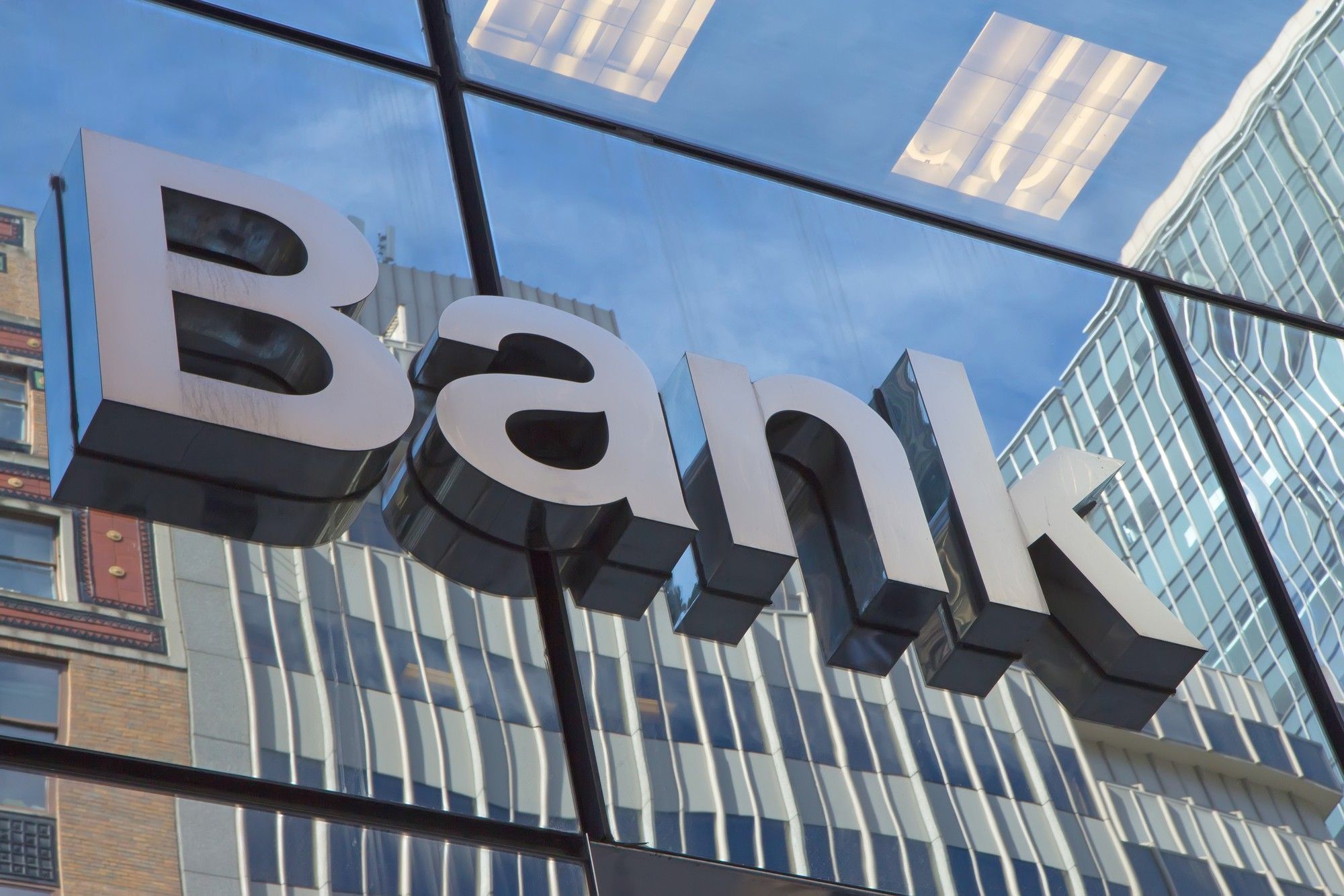Top Class Actions’s website and social media posts use affiliate links. If you make a purchase using such links, we may receive a commission, but it will not result in any additional charges to you. Please review our Affiliate Link Disclosure for more information.
In March 2019, US Bank agreed to pay $2.67 million to settle a class action lawsuit filed over unwanted text messages and phone calls.
The US Bank TCPA Settlement
The US Bank settlement brings an end to allegations that the bank solicited consumers with unwanted calls and text messages about mortgages and home equity loans. According to the robocall lawsuit filed by a Colorado resident, between 2015 and 2017, US Bank violated the federal Telephone Consumer Protection Act (TCPA) by contacting thousands of cell phone numbers about mortgage and home equity accounts without consumers’ prior express permission.
These calls, the lawsuit alleged, constituted a violation of the TCPA.
The $2.67 million to be paid by US Bank funded individual claimants’ payments from $40 to $80. The deadline to make a claim expired on June 13, 2019.
According to the settlement terms, the bank did not admit wrongdoing over its calling or texting practices.
 Who was Included in the US Bank TCPA Settlement?
Who was Included in the US Bank TCPA Settlement?
Class members included in the US Bank TCPA settlement are those who received a call or a text on their cell phone from US Bank about a residential mortgage or home equity loan. To qualify, the calls or texts must have been made:
- For non-emergency purposes
- Using an automatic telephone dialing system or a prerecorded message
- Between Feb. 19, 2015, and Dec. 31, 2017
What is the TCPA?
The Telephone Consumer Protection Act (TCPA) was originally introduced in 1991 as a method of protecting consumers from the onslaught of unwanted solicitations— an issue that has grown as technology has developed and telemarketers have discovered new ways of contacting (and annoying), consumers. According to robocall-blocking service YouMail, Americans received some 58.5 billion robocalls in 2019, a 22% increase from the previous year.
The TCPA has expanded to include new technologies such as spam texts, robocalls, and prerecorded messages.
The TCPA requires that before placing these kinds of calls or texts, companies must first obtain consumers’ express consent. Additionally, telemarketers cannot call before 8 a.m. or after 9 p.m. If at any time a consumer who has previously given consent for the calls revokes it, the telemarketer must cease calling.
There are some exceptions to the TCPA. Per the Federal Communications Commission (FCC), the following types of robocalls are not illegal:
- Alerts and reminders
- Payment reminders
- Debt collection notices
- Calls that are purely informational
- Charity calls
- Political calls
- Others
One way consumers can fight back against unwanted telemarketing calls is by placing their number on the National Do Not Call Registry. It can take up to 31 days for the registration to activate, and it never expires.
Unfortunately, adding your number to the Do Not Call list only prevents legitimate, law-abiding telemarketers from contacting you—it doesn’t stop scammers. Keep an eye out for suspicious texts and calls that try to get you to provide your personal information or even your credit card number.
Consumers may also choose to block telemarketers’ numbers or report spam texts to their mobile carriers. Many cellular providers offer services to identify spammers and prevent future unsolicited calls and texts. Others may decide to pursue a TCPA lawsuit.
Filing a Bank Robocall Lawsuit
A growing number of consumers are turning to litigation against a slew of companies, including US Bank, over issues with robocalls and spam texts. If you have been on the receiving end of unwanted text messages or telemarketing robocalls, you may be able to file a TCPA lawsuit and pursue compensation. There may be hundreds or thousands of other consumers in a similar position, opening up the possibility of a class action robocall lawsuit. Filing a lawsuit can result in statutory damage awards of between $500 and $1,000 for each spam text or call found to be in violation of the TCPA.
Filing a lawsuit can be a daunting prospect, so Top Class Actions has laid the groundwork by connecting you with an experienced attorney. Consulting an attorney can help you determine if you have a claim, navigate the complexities of litigation, and maximize your potential compensation.
The Bank Robocall Lawsuit is Case No. 1:18-cv-00174-TSB, in the U.S. District Court for the Southern District of Ohio.
ATTORNEY ADVERTISING
Top Class Actions is a Proud Member of the American Bar Association
LEGAL INFORMATION IS NOT LEGAL ADVICE
Top Class Actions Legal Statement
©2008 – 2024 Top Class Actions® LLC
Various Trademarks held by their respective owners
This website is not intended for viewing or usage by European Union citizens.


 Who was Included in the US Bank TCPA Settlement?
Who was Included in the US Bank TCPA Settlement?












